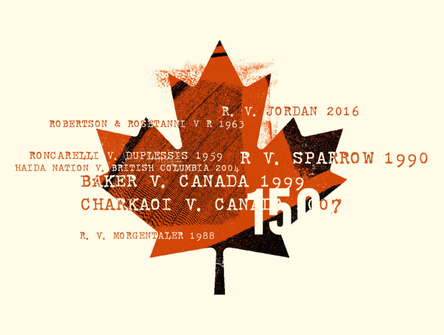Delays in Immigration Appeal Division require collaborative solution
An effort to reduce backlogs requires flexibility

Amendments are being proposed for the Immigration Appeals Division Rules in order to reduce backlog and improve access to justice.
The CBA’ s Immigration Law Section supports those efforts, but says in a recent submission that myriad factors contribute to delays and any solution will likewise have to come from a number of directions.
“There is no one cause and the burden of finding solutions should not be carried by the IAD alone,” the Section says. “All stakeholders must consistently work together to find viable, effective and durable solutions, so appellants see the results of their appeals in as timely a manner as possible.”
This is particularly important in family-class matters, where family members, including children, can be kept apart for long periods while awaiting the outcome of an appeal.
So while the Section supports the proposal to issue Certified Records in a shorter time (45 days instead of 60), it says this can only be done with the collaboration of the CBSA, and this also applies to the proposal to pursue early resolution. The Section also recommends that a special unit of the Minister of Public Safety’s counsel be created and trained in the “unique circumstances” of the early resolution process.
Another factor in delays is self-represented appellants. In 2015-16, 44 per cent of appellants before the IAD were self-represented, many of whom speak neither English nor French, “are illiterate or otherwise vulnerable and unable to understand the rules,” it says. “These vulnerable clients should be encouraged to seek counsel for help at an early stage,” the Section says, suggesting that it could prepare and distribute to IRB offices a list of counsel who specialize in litigation before the IAD.
It also says that there should be flexibility in the schedule so that counsel prepared to have their cases heard before the scheduled date may proceed.
The primary driver of any actions taken has to be access to justice, the Section says, meaning that tighter timelines aren’t always what’s needed to best resolve a problem.
“There is no ‘one-size-fits-all’ solution and the individual circumstance of the most vulnerable must be borne in mind when considering IAD practice and procedure,” the Section says.


